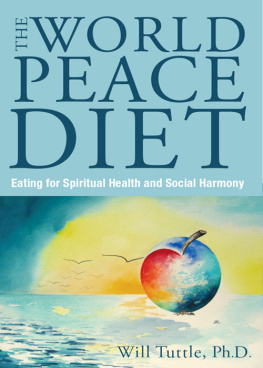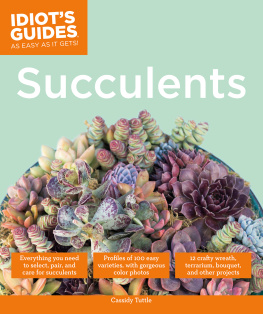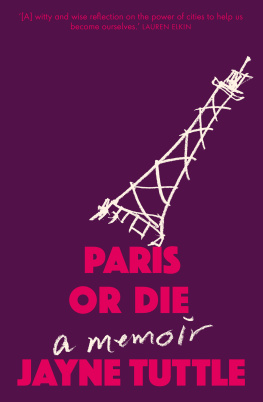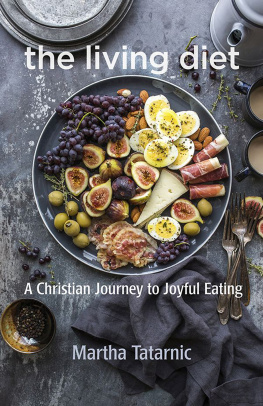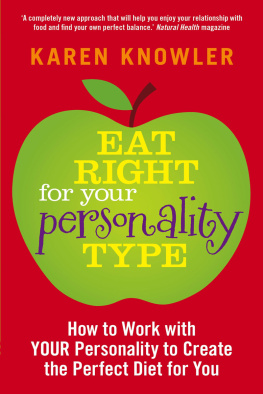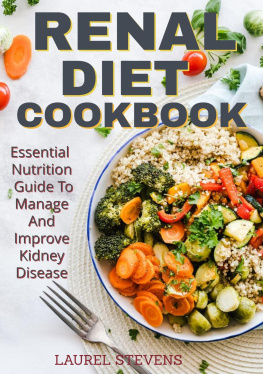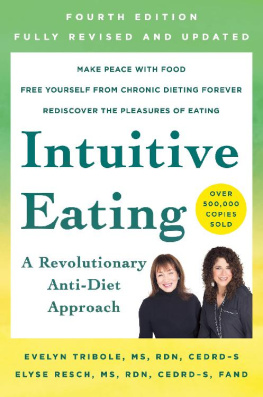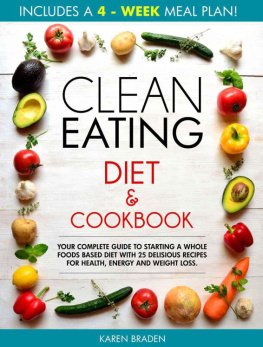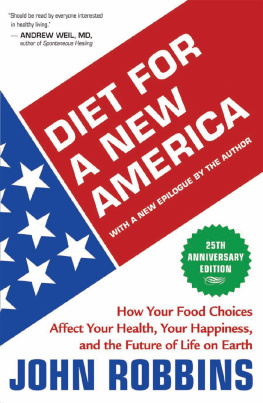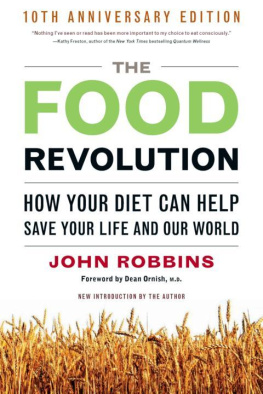What people are saying about The World Peace Diet
The World Peace Diet is outstanding. It has raised the bar in the understanding of diet's role in the order of all life on planet Earth. Reading this book will arm you with the information to become part of the solution and not part of the problem. Will Tuttle has struck a strong blow for the future of our children and grandchildren, and you can too by reading his book.Howard F. Lyman LL.D., author, No More Bull! and Mad Cowboy
Will Tuttle has written a provocative book that provides much food for thought. His impassioned writing provides not only the moral framework for a peaceful diet, but also hope for a peaceful world.Zoe Weil, President, International Institute for Humane Education; author, Above All, Be Kind and The Power and Promise of Humane Education
As Gandhi observed, our fork can be a weapon of violence. Will Tuttle reminds us of this simple truth and invites us to keep violence off our plate by adopting a vegan way of being in the world. Everyone who works for peace will gain knowledge and draw inspiration from this fine book.Tom Regan, author, Empty Cages: Facing the Challenge of Animal Rights
Without a doubt, The World Peace Diet expresses the heart and soul of the animal liberation and compassionate living movement. Will's astonishing insights prove so beautifully how inextricably linked is the suffering of animals with the war, violence and terrorism now ravaging our earth.
This is one of those necessary books. It is necessary that all people read it. It is a necessary catalyst for the transformation of human consciousness as it evolves from the domination and exploitation mindset to the paradigm of communion, cooperation, and reverence. It casts a bright and warm light on the precious web of life and will open many hearts and minds to the joy of living in compassion and communion with all life.Judy Carman, author, Peace to All Beings

Lantern Books has elected to print this title on Enviro Smooth, a 100% post-consumer recycled paper, processed chlorine-free. As a result, we have saved the following resources:
49 trees, 2,202 lbs of solid waste, 20,756 gallons of water, 28,127,443 BTUs of energy, 4,304 lbs of net greenhouse gases
As part of Lantern Books' commitment to the environment we have joined the Green Press Initiative, a nonprofit organization supporting publishers in using fiber that is not sourced from ancient or endangered forests. For more information, visit www.greenpressinitiative.org.

2005
Lantern Books
One Union Square West, Suite 201
New York, NY 10003
Copyright Will Tuttle, 2005
All rights reserved. No part of this book may be reproduced, stored in a retrieval system or transmitted in any form or by any means, electronic, mechanical, photocopying, recording or otherwise, without the written permission of Lantern Books.
Printed in the United States of America
Cover painting by Madeleine W. Tuttle
Cover design by Josh Hooten
Extensive quotations have been taken from Slaughterhouse: The Shocking Story of Greed, Neglect, and Inhumane Treatment Inside the U.S. Meat Industry by Gail A. Eisnitz (Amherst, NY: Prometheus Books, 1997). Copyright 1997 by The Humane Farming Association. Reprinted with permission.
Library of Congress Cataloging-in-Publication Data
Tuttle, Will M.
The world peace diet: eating for spiritual health and social harmony / Will Tuttle.
p. cm.
Includes bibliographical references.
ISBN 1-59056-083-3 (alk. paper)
1. FoodSocial aspects. 2. FoodPhilosophy. 3. DietMoral and ethical aspects. I. Title.
RA601.T88 2005
613.2dc22
2005013690
www.redwheelweiser.com
www.redwheelweiser.com/newsletter
ACKNOWLEDGMENTS
I am grateful to the many people who have helped along the way, contributing their insights and energy to the process of creating this book. My heartfelt appreciation to those who read the manuscript at some stage and offered helpful comments, particularly Judy Carman, Evelyn Casper, Reagan Forest, Lynn Gale, Cheryl Maietta, Laura Remmy, Veda Stram, Beverlie Tuttle, Ed Tuttle, and Madeleine Tuttle. Michael Greger, M.D., and John McDougall, M.D., provided valuable insights for chapter five and Michael Klaper, M.D., for chapters five through seven. Thanks also to Doug Davis, Joel and Michelle Levy, Howard Lyman, Norm Phelps, Zach Shatz, Jerry Simonelli, and Zoe Weil for their interest in the manuscript and helpful comments and to everyone above for their encouragement. I'm grateful to Sarah Gallogly and Martin Rowe for their skillful editing that clarified the manuscript.
Beyond these people, there are many more who have contributed to the book less directly through conversations, and through their writings, lectures, and creative efforts to uplift human consciousness. My deepest appreciation to all of you for your contributions! A big thank you to my dear wife Madeleine for sustaining me with loving-kindness, wonderful meals, and spirited discussion throughout the years this book was taking shape.
Finally, deep thanks to all the animals with whom we share this beautiful planet for their celebrative presence and their mysterious collaboration with the living forces that make everything possible here. May their suffering at our hands open our hearts to compassion.
TABLE OF CONTENTS
CHAPTER ONE
FOOD'S POWER
CHAPTER TWO
OUR CULTURE'S ROOTS
CHAPTER THREE
THE NATURE OF INTELLIGENCE
CHAPTER FOUR
INHERITING OUR FOOD CHOICES
CHAPTER FIVE
THE INTELLIGENCE OF HUMAN PHYSIOLOGY
CHAPTER SIX
HUNTING AND HERDING SEA LIFE
CHAPTER SEVEN
THE DOMINATION OF THE FEMININE
CHAPTER EIGHT
THE METAPHYSICS OF FOOD
CHAPTER NINE
REDUCTIONIST SCIENCE AND RELIGION
CHAPTER TEN
THE DILEMMA OF WORK
CHAPTER ELEVEN
PROFITING FROM DESTRUCTION
CHAPTER TWELVE
SOME OBJECTIONS ANSWERED
CHAPTER THIRTEEN
EVOLVE OR DISSOLVE
CHAPTER FOURTEEN
JOURNEY OF TRANSFORMATION
CHAPTER FIFTEEN
LIVING THE REVOLUTION
PREFACE
Our Meals: The Hidden Key to Understanding
This book is an attempt to illuminate our culture's story and to present the outlines of a more empowering understanding of our world. The key to this understanding lies in comprehending the far-reaching implications of our food choices and the worldview they both reflect and mandate. At first glance it may seem unlikely that such a potent key could be found in the pedestrian place that food occupies in our culture, but if we look closely, we begin to realize that our shared cultural reality is profoundly affected by the attitudes, beliefs, and practices surrounding food. There are amazing unrecognized social, psychological, and spiritual consequences to our meals that ripple through all aspects of our lives.
Food is actually our most intimate and telling connection both with the natural order and with our living cultural heritage. Through eating the plants and animals of this earth we literally incorporate them, and it is also through this act of eating that we partake of our culture's values and paradigms at the most primal and unconscious levels. As children, through constant exposure to the complex patterns of belief surrounding our most elaborate group ritual, eating food, we ingested our culture's values and invisible assumptions. Like sponges, we learned, we noticed, we partook, and we became acculturated. Now, as adults, finding our lives beset with stress and a range of daunting problems of our own making, we rightly yearn to understand the source of our frustrating inability to live in harmony on this earth. When we look deeply enough, we discover a disturbing force that is fundamental in generating our dilemmas and crises, a force that is not actually hidden at all, but is staring up at us every day from our plates! It has been lying undiscovered all along in the most obvious of places: It is our food.

